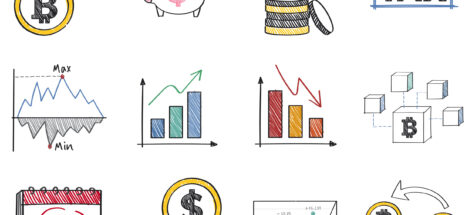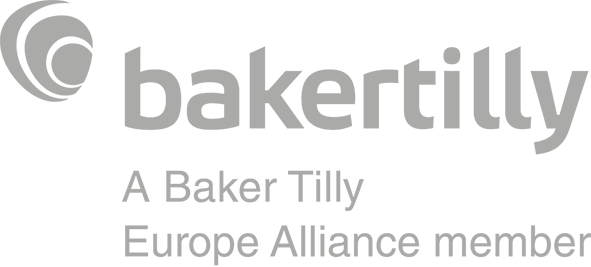22. April 2024
Reading Time: 4
Min.
news
Annual Personal Income Tax for 2023 and Amendments to the Value Added Tax Rulebook
Data on average annual salary in Serbia for 2023 has been published and amounts to RSD 1,423,188.
The data is used to determine applicable annual income tax thresholds for 2023.
2023 annual income tax liability in Serbia applies to the following individuals:
– Serbian residents, for their worldwide income generated in 2023; and
– non-residents, for their income generated in Serbia in 2023,
provided that such generated income exceeds the total net amount of RSD 4,269,564.
The income subject to annual income tax is income generated by an individual from salary, self-employment, copyright and rights related to copyright, industrial property rights, lease of immovable and movable property, hospitality income, income of athletes and sports professionals as well as other income following Article 85 of the Personal Income Tax Law.
The total net income of an individual generated in calendar 2023 is taxable progressively as follows:
– taxable income generated up to RSD 4,269,564 non-taxable;
– taxable income generated up to RSD 8,539,128 – subject to a 10% tax rate;
– taxable income exceeding RSD 8,539,128 – subject to a 15% tax rate.
The following personal deductions may reduce the annual taxable base for 2023 (but cannot reduce taxable income for more than 50%):
– reduction for a taxpayer: RSD 569,275;
– reduction for each dependent family member of a taxpayer: RSD 213,478.
For taxpayers who are less than 40 years of age on the last day of the calendar year for which the annual personal income tax is determined, the sum of annual income is further reduced by three average annual salaries per employee paid in the Republic in which is determined by the tax, i.e. by RSD 4,269,564.
Since 2023, taxpayers have been obligated to calculate and pay taxes based on self-assessment and not on a decision issued by the Tax Authority, as was the practice in previous years. The tax return is submitted exclusively electronically.
The deadline for the annual income tax return and payment of annual income tax is May 15th 2024.
Amendments to the Value Added Tax Rulebook
Below, we list the amendments to the Value Added Tax Rulebook published in the Official Gazette No. 29/2024, dated March 4th 2024, with the application from April 4th 2024.
Turnover of goods in the procedure of customs storage
Regarding the right to use the tax exemption for the sale of goods that are in the procedure of customs storage, the amendments to the Rulebook abolished the obligation of the tax debtor to possess an invoice for the delivery of goods certified by the competent authority.
In this regard, to use the mentioned exemption, the tax debtor must possess only a declaration in electronic form, i.e., a certified copy of the declaration in paper form, which proves that the goods are in the customs storage procedure.
Turnover of goods and services based on international agreements
Regarding the right to use tax exemption for the sale of goods and services carried out based on international agreements, a provision has been added whereby the right to tax exemption is realized in accordance with the international agreement that applies on the day of the conclusion of the agreement based on which the sale of goods/services is carried out or by an international agreement that applies on the day of the turnover of goods/services.
Furthermore, the amendments to the Rulebook stipulate that the tax exemption certificate should, in addition to the previous elements, also contain information about the name and value of the project if the transaction is carried out as part of the implementation of the project.
VAT refund to the buyer of the first real estate
Regarding the right to a VAT refund to the buyer of the first real estate, the amendments to the Rulebook stipulate that the buyer of the first real estate can obtain a VAT refund with the fulfilment of the conditions prescribed by the Law, if they have the fiscal invoice of the VAT payer – the seller, who is, therefore, a tax debtor following the Law, based on a written request submitted to the competent Tax Authority.
Additionally, regarding the documentation submitted with the Request for Refund, there has been a change in the requirement that previously stipulated the obligation to submit an invoice or other document serving as an invoice for the purchase and sale of an apartment where VAT is shown so that it is now necessary to submit a fiscal invoice showing VAT.
The mentioned change makes it impossible to exercise the right to a VAT refund based on any other document that serves as an invoice.









